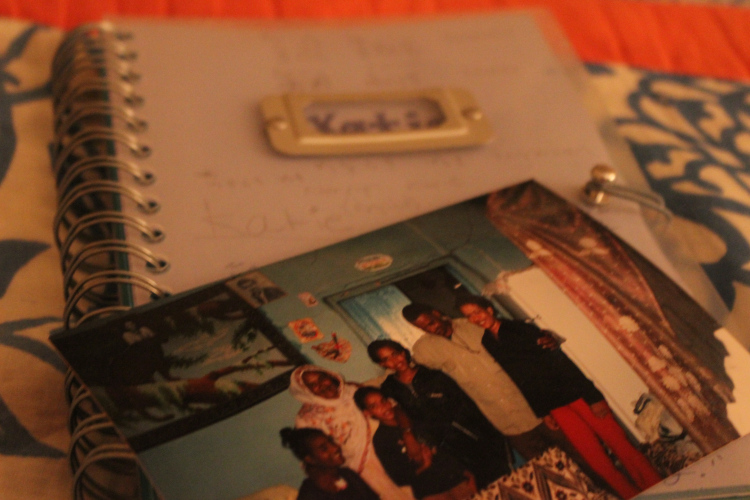
International reporting: why I chose Sudan
[flickr id=”9702692893″ thumbnail=”medium” overlay=”true” size=”medium” group=”” align=”none”]
I realized recently that I always mention my trip to Sudan and how much it has informed my experience, but I’ve never really gone any further than that. I recently got the opportunity to expound on it through my International Reporting Public Affairs class. We each get to choose an immigrant community in Chicago to cover–and surprise, surprise–I chose Sudan. Here’s a blog post I wrote about why.I was 18 years old, infused with bravery and a sense of urgency, when I crossed the Sudanese border on the back of a camel.
It was 10 months after the attacks of Sept. 11, but that didn’t matter to me. I needed to see and touch these people that I had read so much about. The ones being burned, raped and murdered, the ones being torn from their families and displaced from their homes by their own government.
The civil war in Sudan had been going on since 1983, the year I was born.
Now, I was tumbling (rather roughly) through the desert in an old Land Rover, being followed by rebel soldiers armed with AK-47s—meant to provide protection for my church group as we distributed water filtration systems, medicine and sorghum.
I stood unknowingly on a mass grave and woke up one morning to an abandoned hotel that had been raided the night before, our group somehow waking unscathed.
There were babies too—the size of infants—who we later discovered were a year old, and once vibrant young men dying on a concrete floor with nothing but a thin blanket beneath them.
I filled out an entire journal in 10 days.
But when I came home, fresh with tales of adventure and suffering, no one cared.
This was before Darfur–before the trendiness of caring about a fresh humanitarian horror. This civil war was old, and tired. It was largely unnoticed, at least to college students in Grand Rapids, Michigan in 2002.
I came home changed yet a little hopeless. I knew that spending 10 days in Sudan didn’t really do much for anybody but me.
The leader of the group assured me we were showing a group of suffering people that they weren’t forgotten by the rest of the world.
Still, I lived the next 10 years wondering what to do about it as the people and memories grew smaller as I drove away.
But I’ll spare you the details of those 10 years and skip to the good part.
One day I realized that I could write. Literally. I never knew I was somewhat good at this thing I enjoyed so much.
And it hit me–awareness.
I’ve heard it so many times that I don’t even remember where, but I just have this deep belief that awareness and change are entwined.
I have always wanted to be able to go back to Sudan or write about Sudanese communities as a journalist, rather than a humanitarian filling out a diary, and now’s my chance.
And Marginalia readers: I’m excited to bring you along this final semester as I get to report on the Sudanese community in Chicago AND my thesis project.
